A Year of Change
2017 was a transformative year. It was the beginning of a period of unprecedented change for our country. As we look at many of the issues ahead, a common theme emerges –the role of public health. Everything from poverty to climate change to gun violence to social justice can all be addressed from a public health lens. 2017 underscored the critical importance of the power of public health. More than ever, we are encouraged to continue to find innovative strategies to promote and support public health.
MPHI’s ability to successfully navigate the complex public health landscape has helped us earn a reputation of excellence. And while we have the expertise and credentials, we also bring creativity, collaboration and discipline to everything we do. In 2017, our 542 employees worked together to manage 314 projects, for 55 different funders, and with a revenue of $87 million. We processed over 400 subcontracts and amendments, hosted over 600 meetings at the Interactive Learning Center, conducted 44 Infant Safe Sleep trainings to over 1000 child welfare staff across the state, and delivered over 50 presentations on public health topics across the country.
MPHI continues to grow and evolve to meet the changing needs of our communities and partners. We have set the bar high as we work to extend the reach of the Institute, while incorporating our core values into everything we do to make a world where tomorrow is healthier than today.
2017 By The Numbers
542
Employees
87M
Revenue
314
Projects
55
Funders
Advancing population health through public health innovation and collaboration.
We Drive Health Equity
and Social Justice
Supporting health equity and social justice is a core value of MPHI. We believe in advancing health equity and social justice in all sectors of population health. MPHI is working to identify and eliminate health disparities, while recognizing that social determinants of health – e.g. employment, housing, education, healthcare, public safety, and food access – all play a critical role in health outcomes.
We Make Healthcare
More
Efficient and Effective
Innovation is critical if healthcare systems are to continue delivering high-quality care at a cost that is affordable. This means finding pathways to connect silos of information and moving forward to work collaboratively to enhance efficiency and make better use of existing resources to thoughtfully and intentionally improve services and outcomes for patients.
We Confront Evolving
Public Health
Needs
Public health is both an art and a science, dedicated to the organized process of protecting the health of entire populations. Health and well-being transcend age, gender, socio-economic and ethnic background. MPHI promotes health by implementing educational programs, recommending policies, administering services and conducting research.
"We have to be less short-sighted as public health professionals. We have to begin to look at the “causes of the causes.” That requires a social justice lens – a health equity lens."
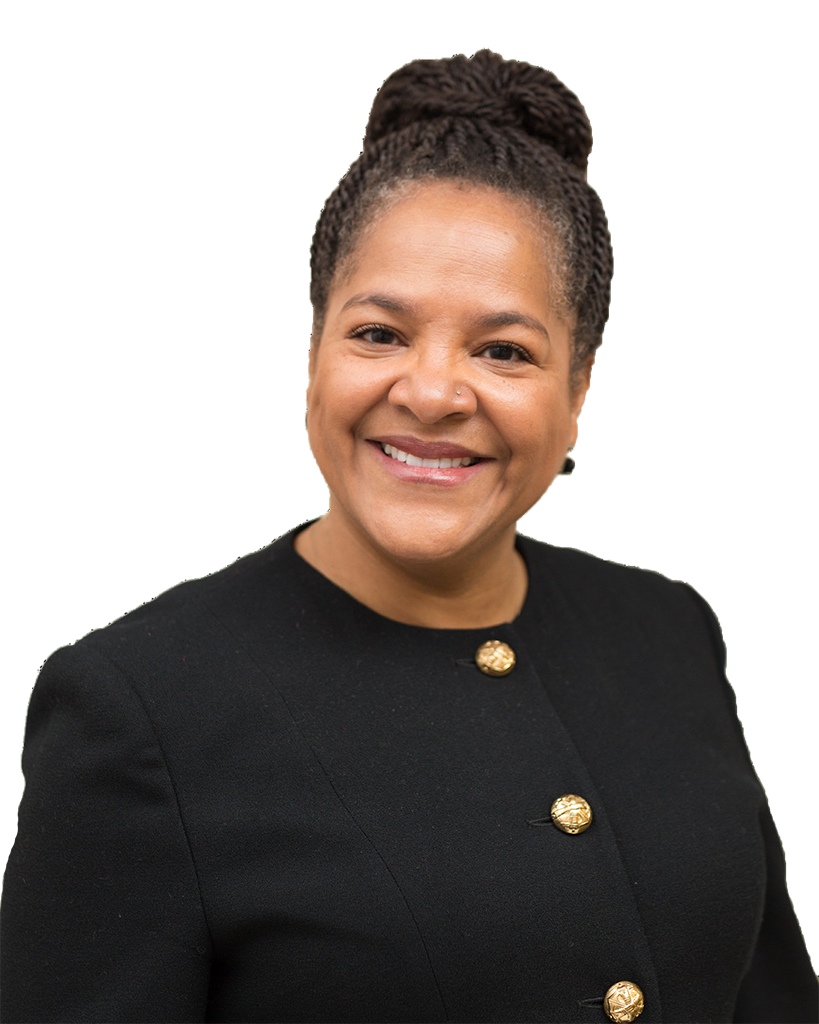
We Serve Our
Aging
Population
Thanks to aging baby boomers and lower birth rates, the population of older Americans continues to expand. According to the Centers for Disease Control, by 2030, one-in-five Americans will be a senior citizen. Not only are there more seniors, they’re also living longer. The demand for elder care will continue to increase, as will the number of older Americans living with dementia. MPHI is working with partners to improve health services for this growing population.
We Support
Tribal Health
MPHI has partnered with tribes, tribal organizations, and Urban Indian Health organizations on more than thirty initiatives to promote the health and well-being of Native American people. We work collaboratively with tribal agencies and tribal communities in community-based efforts that are tailored to local culture and tribally driven.
We Help Protect Infants,
Children,
and Adolescents
We lead initiatives that focus on improving infant, child, and adolescent health by identifying health disparities, understanding the causes, and addressing them through evidence-based solutions. Our projects focus on improving the health care system for children, effective parenting, and healthy development. We collaborate with multiple partners, including state and local government, community groups, and other stakeholders, supporting the idea that all children have the right to a fair and just opportunity for good health.
Hover, touch or focus on a board member's image to read more information about that particular board member.

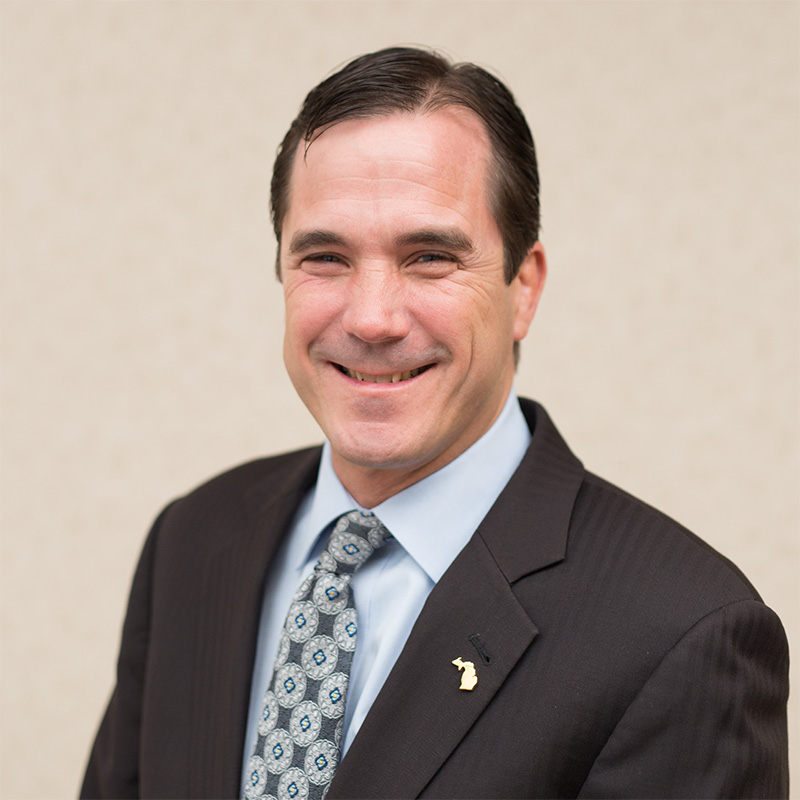
Nick Lyon, BA
Director - MDHHS
President - MPHI Board
Executive Committee
Chair
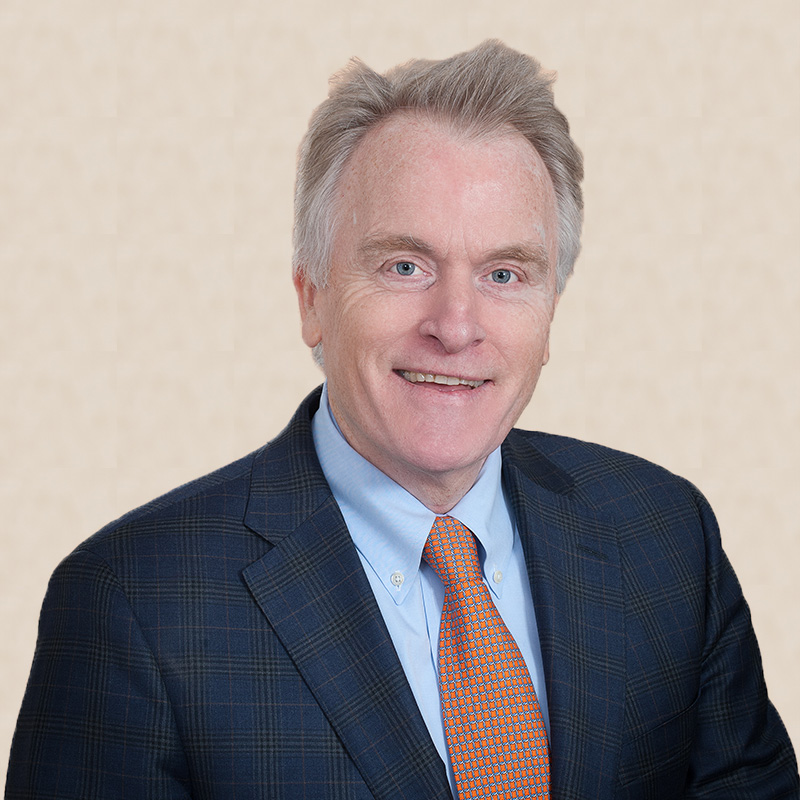
Bengt Arnetz, MD, PhD, MPH, MScEPI
Professor and Chair, Department of Family Medicine Clinical Center
Michigan State University
Vice-President MPHI Board
Executive Committee Member
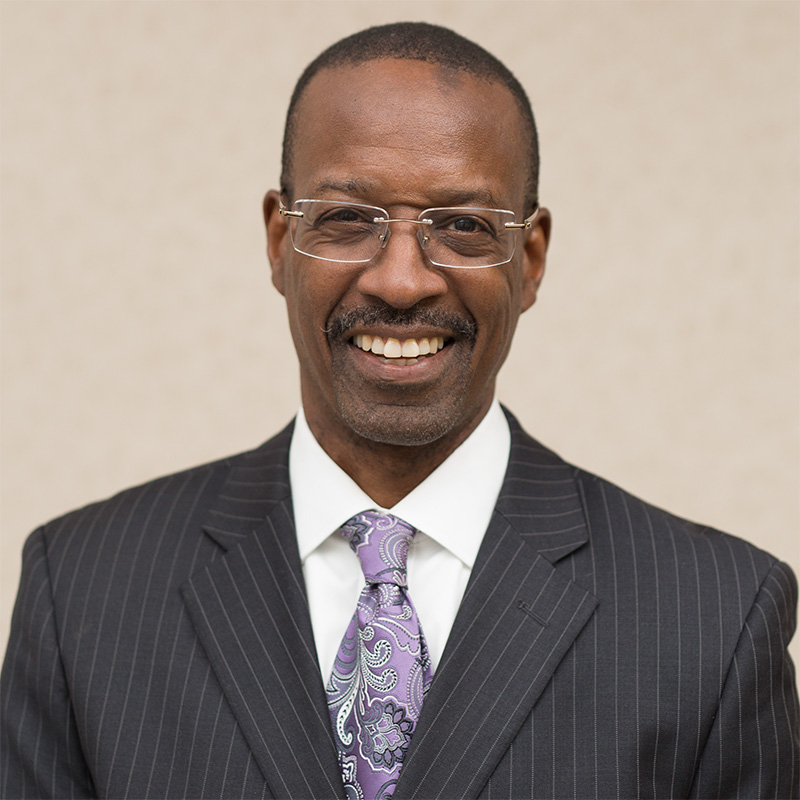
James E. Blessman, MD, MPH
Assistant Professor – Clinical, Wayne State University
Secretary/Treasurer
- MPHI Board
Executive Committee Member
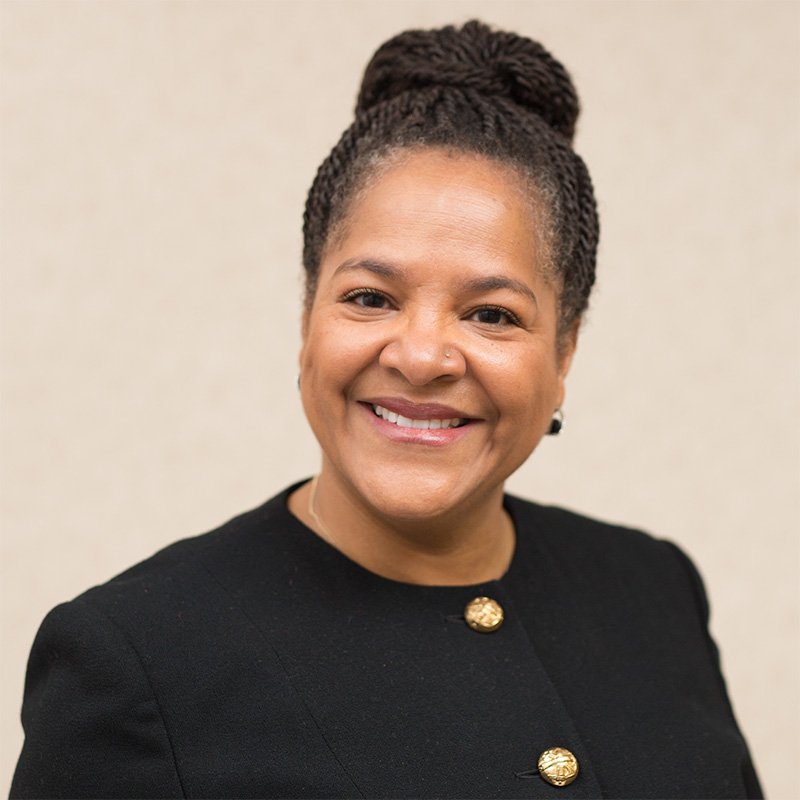
Renée Branch Canady, PhD, MPA
Ex Officio
Chief Executive Officer - MPHI

Beverly Allen, CPA
Executive Director
Aetna Better Health of Michigan, Inc.
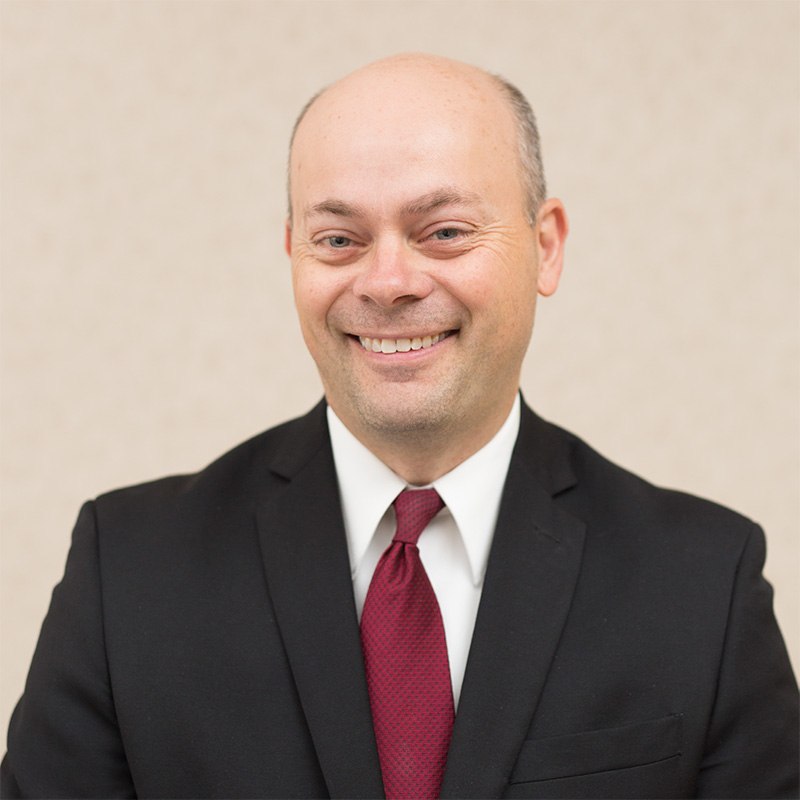
Tim Becker, CPA
Chief Healthcare Officer
Hope Network
Audit Committee Member
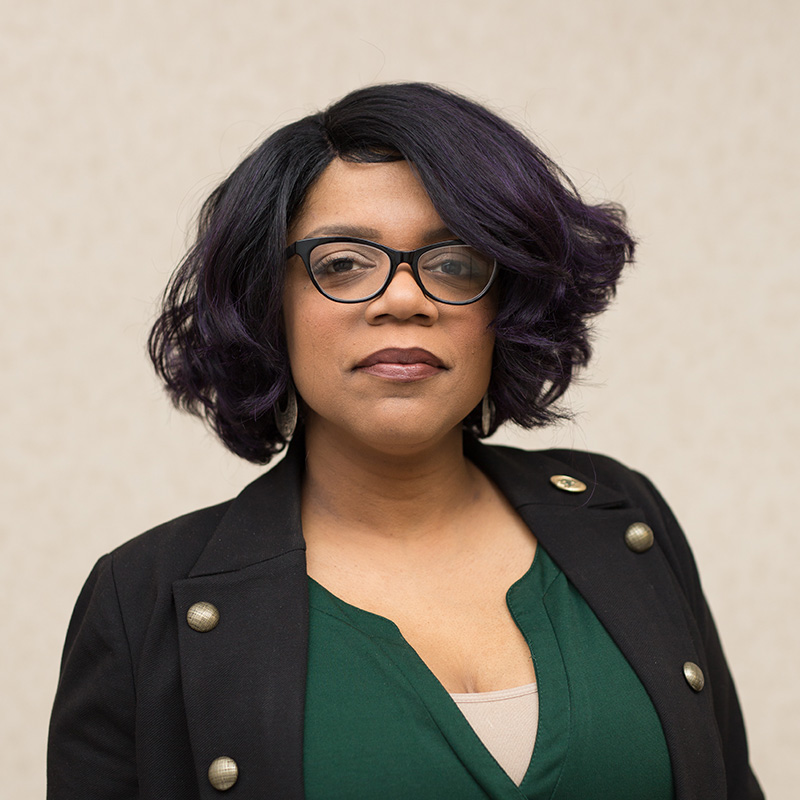
Debra Furr-Holden, PhD
Interim Director, Division of Public Health C.S. Mott Endowed Professor of Public Health, Division of Public Health, Professor, Department of Epidemiology and Biostatistics Michigan State University
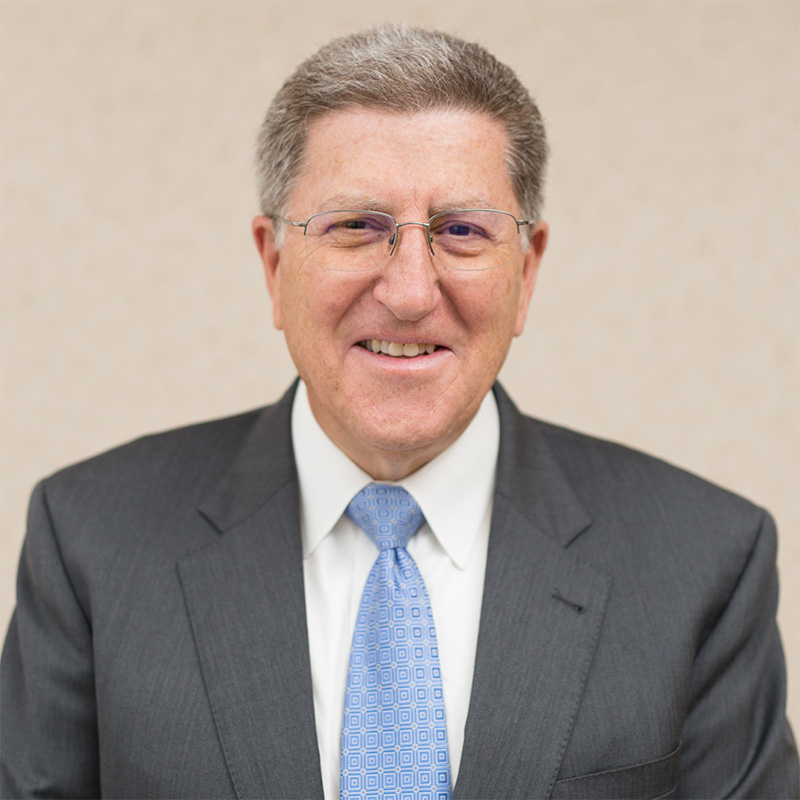
James Giordano, MBA
Retired, President & CEO CareTech Solutions
Audit Committee
Chair
Executive Committee Chair
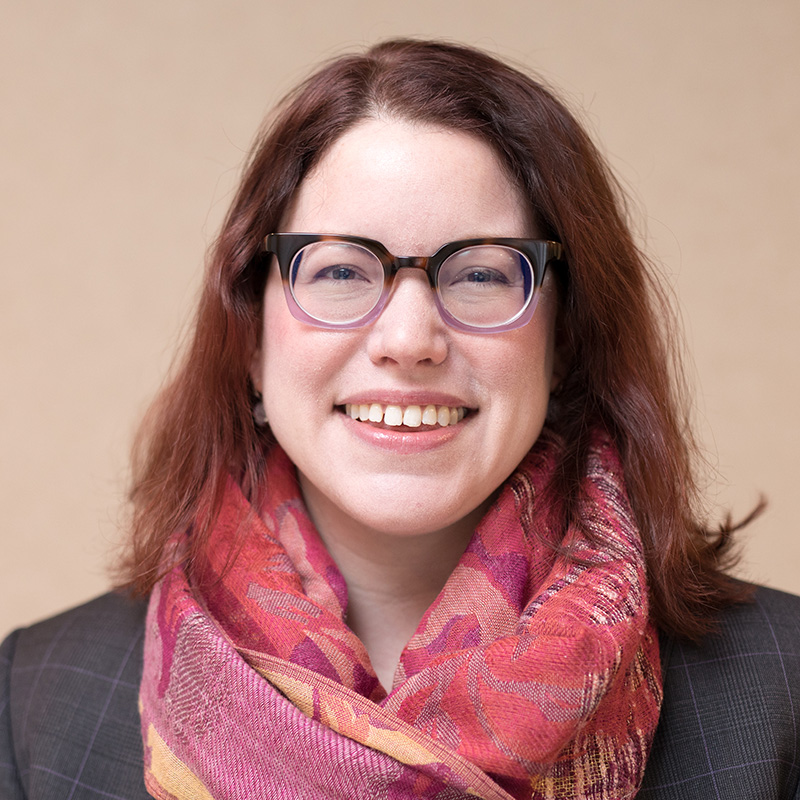
Holly Jarman, PhD
Assistant Professor
Department of Health Management and Policy
School of Public Health
University of Michigan

Jennifer Jordan, JD
Team Lead, Regional Leave
GBS Service Center (North America)
Kellogg
Company

Jenifer Martin, JD, BA
Director of Government Relations
School of Public Health
University
of Michigan

Sarah Mayberry, MPH
Senior Special Projects Producer
WDIV-TV
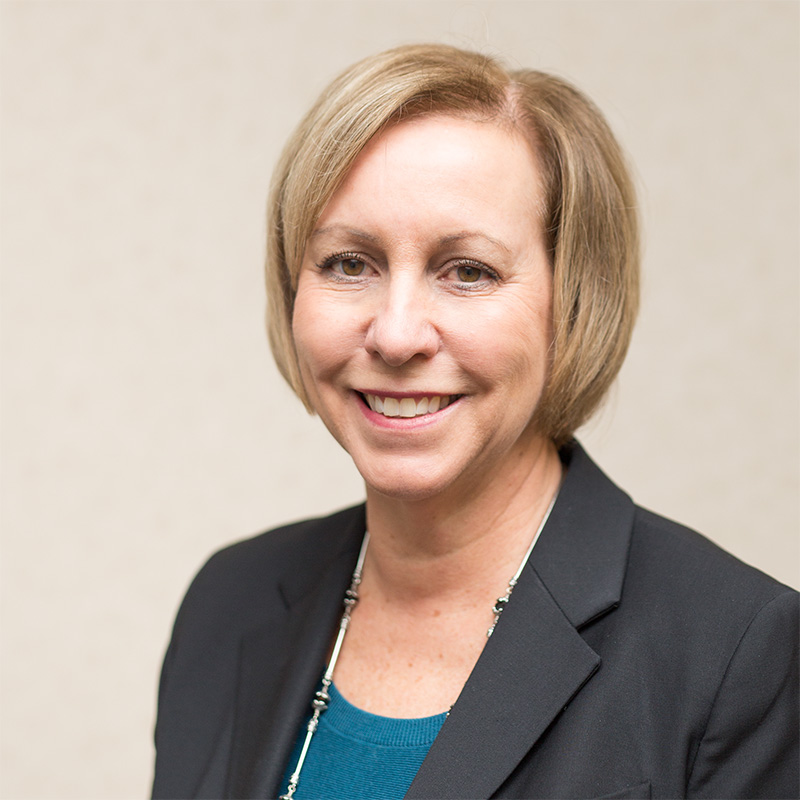
Sue Moran, MPH
Senior Deputy Director
Public Health Administration, MDHHS
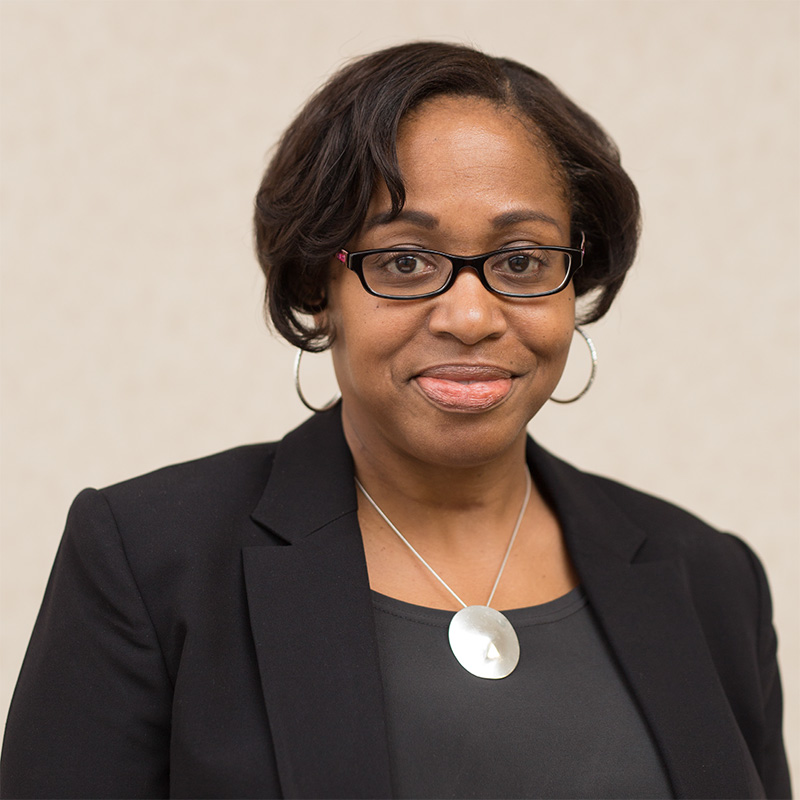
Angelique Outlaw, PhD
Associate Professor
Director of Prevention Programming
Wayne
State University
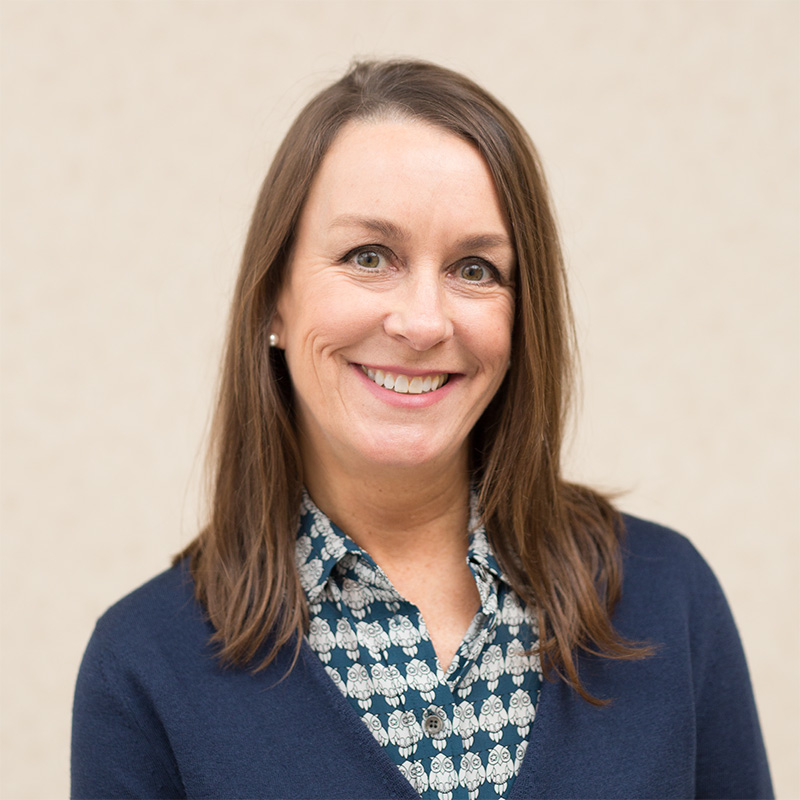
Lisa Stefanovsky, MEd
Health Officer
Ottawa County Department of Public Health





